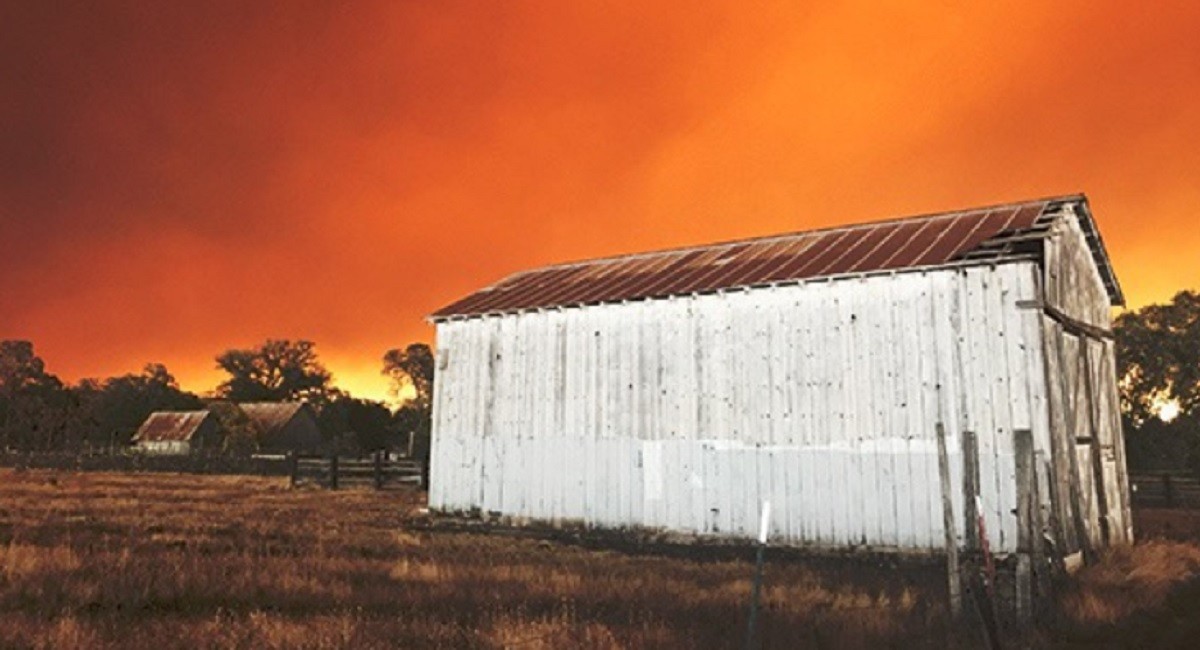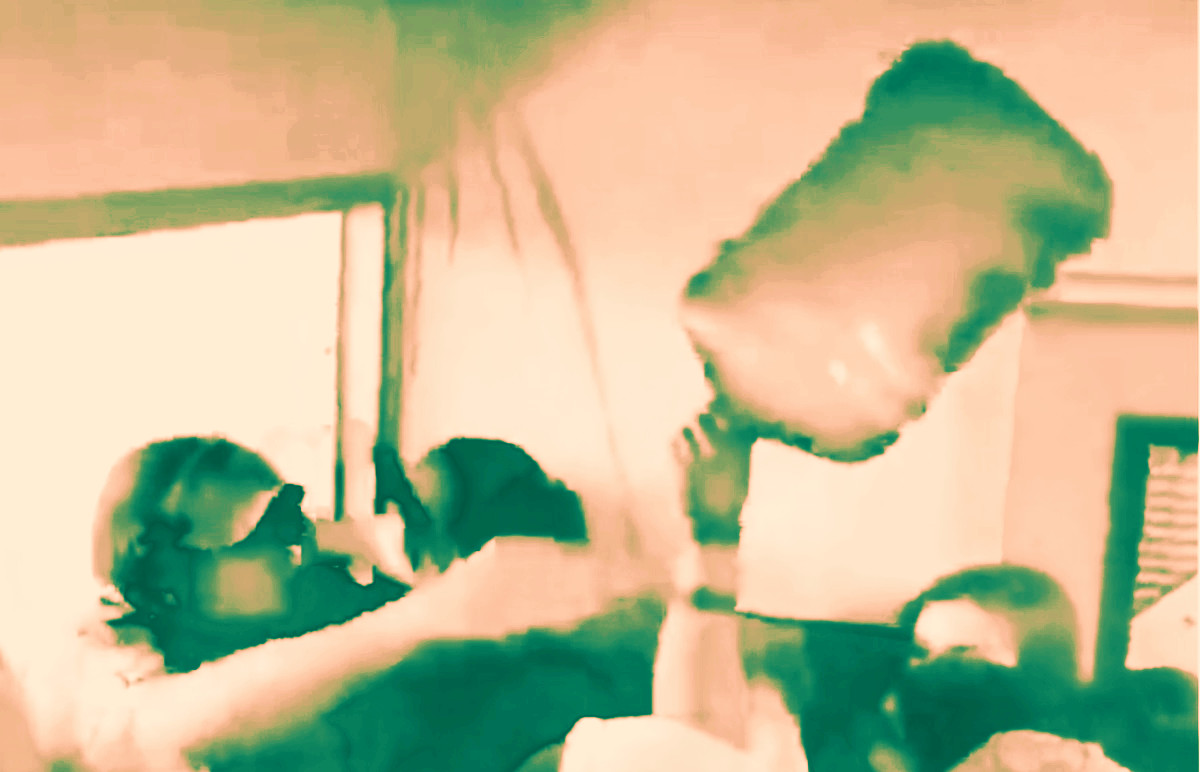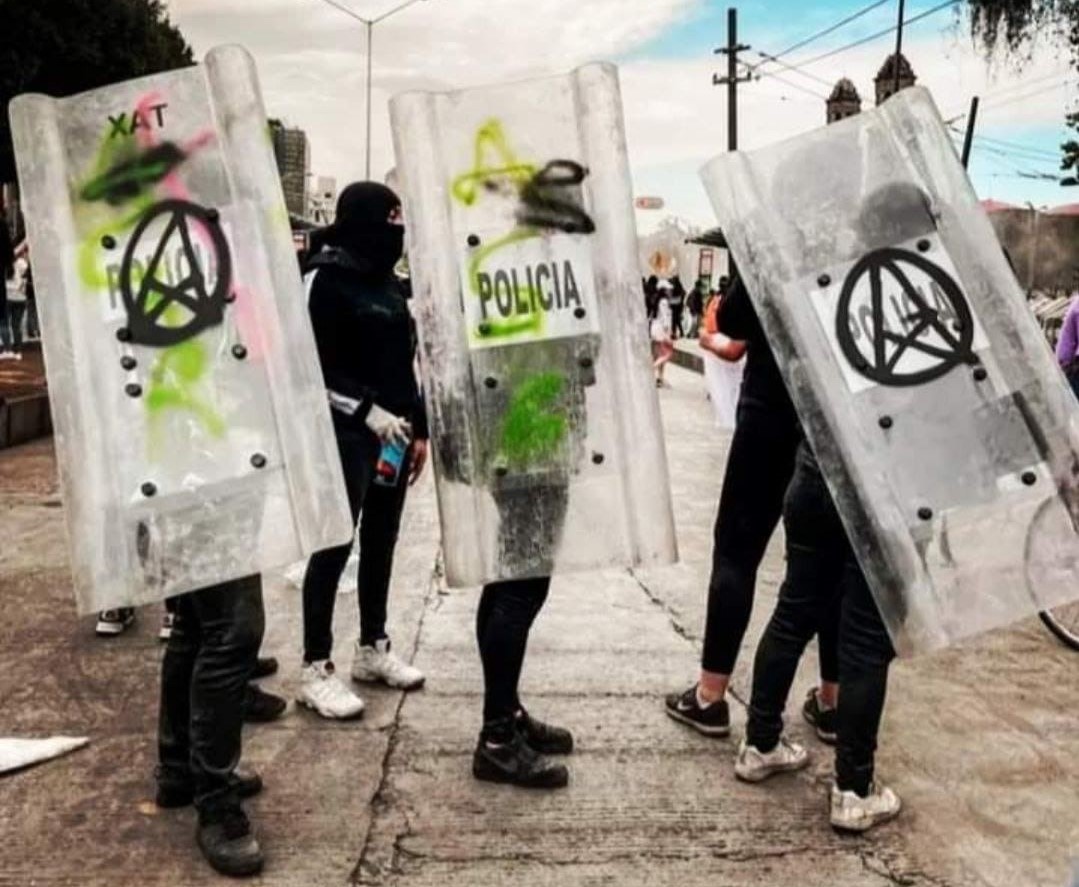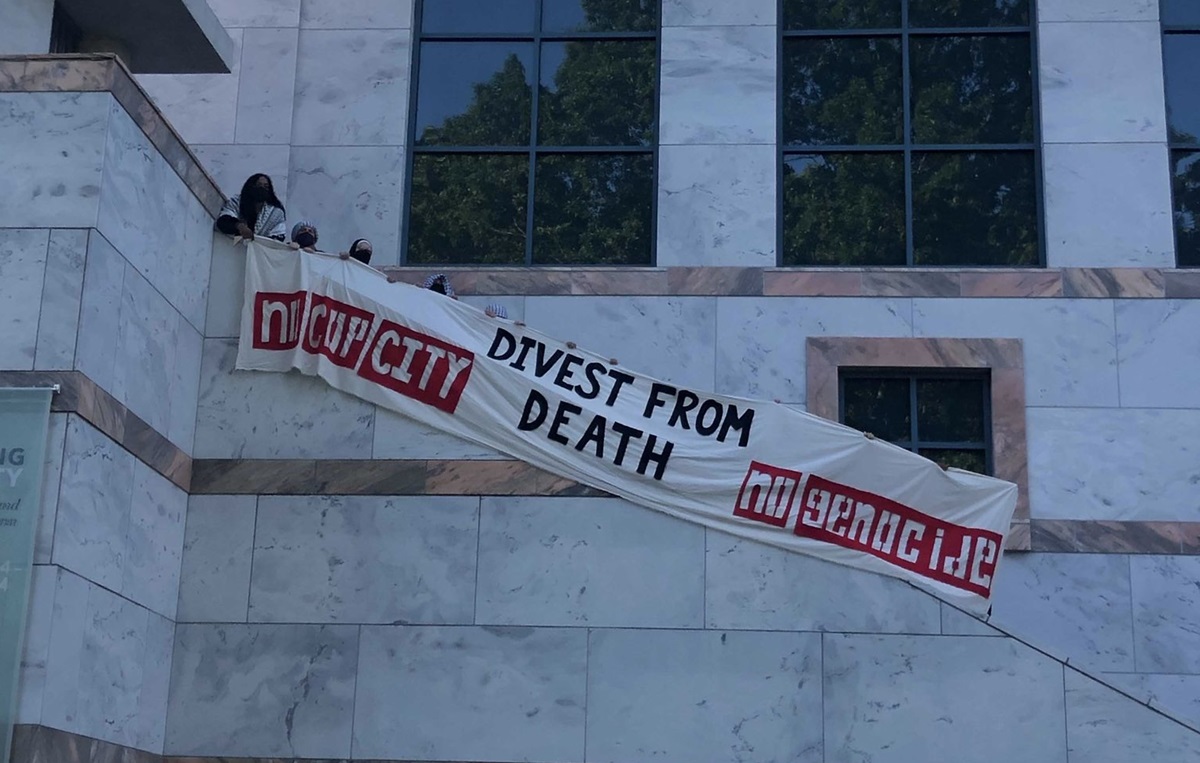Filed under: Announcement, Disaster, Northwest, Solidarity

We’re North Valley Mutual Aid (NVMA) and we’re asking today for your help as our community responds to the destruction caused by the Camp Fire. As you’ve probably heard, the Camp Fire that started on November 8th is the deadliest and most destructive fire in California’s history. What you should also understand is how connected the people of the north valley are, and the impact this disaster is having on everyone here.
Donate HERE
There are many relief efforts but ours is different. We are operating on a set of values defined by a national network known as Mutual Aid Disaster Relief (MADR). We’ve got more information about our values and guiding principles below, but what’s important to know is that we are rooted here, are all volunteer, we offer solidarity instead of charity, and our group seeks to break down the top-down model of powerful givers vs. passive receivers of assistance—we recognize disaster survivors’ rights to determine what their needs are and how best others can assist them. We place a strong emphasis on the emotional and physical needs of survivors. We currently have six working groups and a loose network of around 100 community members participating—but this number is increasing.
Our fundraising effort will allow us to be impactful right now. As well, we define “disaster” and “relief” broadly. Our immediate priority is to assist victims of the Camp Fire but recognize that our ideas, energy, resources, and organizational values will still be in demand down the road and in many contexts. By working with, listening to, and supporting impacted communities to lead their own recovery, especially their most vulnerable members, we build long-term, sustainable, and resilient communities.

The town of Paradise and the surrounding communities are generally low-income, with a largely elderly population. We will support these community members who are going to face a stiff headwind in their efforts to rebuild their lives from bureaucrats, developers, and institutions like FEMA.
Immediate needs for funds include, Kitchen and First Aid supplies (medical and emotional), Clean-up and Building materials, Organizing and working space(s), and more, but as this disaster is emergent we will be on the ground to listen to the voices of the impacted community to understand where we can best be of service.

Please also let us know if you have specific materials to donate or otherwise want to get involved on the ground. And anyone from Paradise and the surrounding communities is encouraged to get in touch with ideas and needs to keep our efforts centered on those impacted directly who might not know their community is here to help in this manner. Contact us at : [email protected]
In solidarity,
—North Valley Mutual Aid
NORTH VALLEY MUTUAL AID MISSION STATEMENT
Adopted from Mutual Aid Disaster Relief
The mission statement and core values are based on the collective organizing being done by Mutual Aid Disaster Relief The mission of NORTH VALLEY MUTUAL AID (NVMA) is to provide disaster relief based on the principles of solidarity, mutual aid, and autonomous direct action. By working with, listening to, and supporting impacted communities, especially their most vulnerable members, to lead their own recovery, we build long-term, sustainable and resilient communities.
NVMA envisions strong, vibrant, resilient, connected, and empowered individuals and communities as part of an awakened civil society that will restore hope following crisis, and turn the tide against disaster capitalism and climate chaos, in favor of a more peaceful, just, and sustainable world. Whether future disasters become focal points for the powerful to entrench policies that uphold their privilege and political, social, and economic control or whether they become opportunities to build more empowered and resilient individuals and communities that strengthen our movements for radical social change is up to us and the choices we make.
CORE VALUES
Mutual Aid: Voluntary, reciprocal, participatory assistance among equals and being with, not for, disaster survivors.
Solidarity not charity! Disaster survivors themselves are the first responders to crisis; the role of outside aid is to support survivors to support each other. The privileges associated with aid organizations and aid workers—which may include access to material resources, freedom of movement, skills, knowledge, experience, and influence—are leveraged in support of disaster survivor’s self-determination and survival in crisis, and their long-term resilience afterwards, ultimately redistributing these forms of power to the most marginalized.
Self-determination: Individuals and communities impacted by disaster have the agency, ability, and power to make their own decisions and choices about their lives, recovery, and long-term resilience, without interference or coercion from outside forces.
Mandar obedeciendo and Subsidiarity: The Zapatista principle of mander obedeciendo—leadership from below—teaches that those who command positions of power, wealth, and influence should obey the direction of those with the least. The Catholic principle of subsidiarity teaches that the most effective decisions and actions take place at the level of those closest to the problem or most impacted by the solution. By embracing and applying these principles, disaster responders have a responsibility to center and elevate the leadership of disaster survivors, especially those in the most vulnerable and marginalized communities.
Participation and Horizontality: Decentralization and sharing of power within groups and communities reduces hierarchies and power imbalances within and between groups of people, enabling disaster survivors and responders to participate fully in rebuilding a better world together.
Autonomous Direct Action: Saving lives, homes, and communities in the event and aftermath of disaster may require taking bold action without waiting for permission from authorities. Disaster survivors themselves are the most important authority on just action.
Intersectionality: Historical and systemic forms of oppression and discrimination work together to make some people and groups more vulnerable to different types of disaster and during the rebuilding process. A just disaster response acknowledges, adapts to, and addresses the different needs, priorities, and perspectives of diverse disaster survivors.
Sustainability: Sustainable disaster recovery encompasses a respect for the intersectionality of all living systems, community norms and practices, as well as the distribution of knowledge about ecologically-sound and economically viable systems designs, which provide for their own needs and do not exploit or pollute. Skills training and upskilling are shared within the community and people are empowered to create or regenerate diverse, resilient communities that meet immediate ecological, economic, and social needs while increasing the health of human bodies, relationships, and the ecosystems in which they are embedded.
Dual Power: A strategy for the bottom-up transformation and replacement of existing institutions and mechanisms of society with self-organized counter-institutions. Disaster response that simultaneously opposes oppressive and exploitative structures while building alternative, pre- figurative structures for collective liberation and resilience unites disparate elements of revolutionary and reformist movements and meets unmet needs without waiting until “after the revolution.”
Collective Liberation: In the words of Fannie Lou Hamer, “Nobody’s free until everybody’s free.” All struggles are intimately connected and movements must work together and share knowledge, power, and resources in order to bring about a more peaceful, just, and sustainable world free of any kind of unjust oppression of others or the earth.
GUIDING PRINCIPLES
*We are engaged in a horizontal, multidimensional and multidirectional process that contributes to the liberation of everyone involved, not charitable acts. This means we share resources, skills, experience, knowledge and ideas without perpetuating relationships based on hierarchical power.
*We seek as much as possible to break down the barriers between givers and receivers of aid. Everyone has something to teach and something to share. And we all need assistance at times. We seek to acknowledge, challenge and subvert perceived and actual power imbalances, and use any privileges we have—including access to material resources, freedom of movement, skills, knowledge, experience, and decision-making influence— to support people’s self-determination and survival in crisis and their long term resilience afterwards, ultimately bridging the gulf between ourselves and “others.”
*We recognize that “natural” disasters are different in degree, but not in kind from the ongoing experiences of social inequality inherent in a capitalist, racist, colonialist, and patriarchal society. Therefore, we oppose and seek to confront and dismantle these and all other systems of domination and oppression within our society and within ourselves.
*We recognize disaster survivors’ rights to determine what their needs are and how best others could assist them. We therefore commit ourselves to acting humbly, asking, listening, and responding, while embodying in our current actions the future society we want to create. We believe in creative grassroots organizing and action that prioritizes and highlights the voices and power of marginalized individuals and communities and furthers their capacity to take action on their own behalf.
*We engage in and encourage autonomous direct action, an alternative to bureaucracy and red tape, including the creation of new, alternative projects in line with these principles to assist people’s self-determination, acquisition of additional resources, and to increase their resilience. At the same time, we believe in democratizing knowledge, sharing experience, and engaging with technical experts when needed to ensure safety and quality of work.
*We believe in a participatory, horizontal, decentralized movement-building model of social change from below. This requires shared leadership and decision-making in an environment that is safe and inclusive for all participants. We, therefore, strive to integrate these principles into our organizing and decision-making processes.
*We recognize that disasters are times of localized upheaval and suffering, but are also opportunities for the rich and powerful to consolidate power and to take advantage of shocks in order to institute economic reforms that further reinforce their privileged status. We oppose this disaster capitalism and affirm our commitment to environmental, social, economic, and climate justice. Instead, we see the sense of community and mutual aid that develops in the wake of crisis as fertile ground to merge social movement theory and praxis by supporting and enabling community members to help themselves and each other.
*As natural disasters increase in intensity and frequency, we recognize that our hope for a livable future rests in developing resilient preparation for and response to crisis as individuals and communities, while simultaneously opposing intensive resource extraction and other root causes of climate change. We support community resistance to resource extraction, environmental injustice, and poverty, and community-led adaptation to climate change, as governments and other large institutions have not responded to climate change with the urgency, gravity, or support required to avert climate chaos.
*We believe in being accountable to the communities and people we serve as well as ourselves. We therefore recognize, honor and respect the differences across cultures, traditions, and religions in regards to experiences, languages, food, clothing, personal space, relationships, and other differences even if we do not agree with them. In recognition of this, we listen and support rather than prescribe solutions based on our own personal or cultural values, while still staying honest and authentic to ourselves and our principles.




